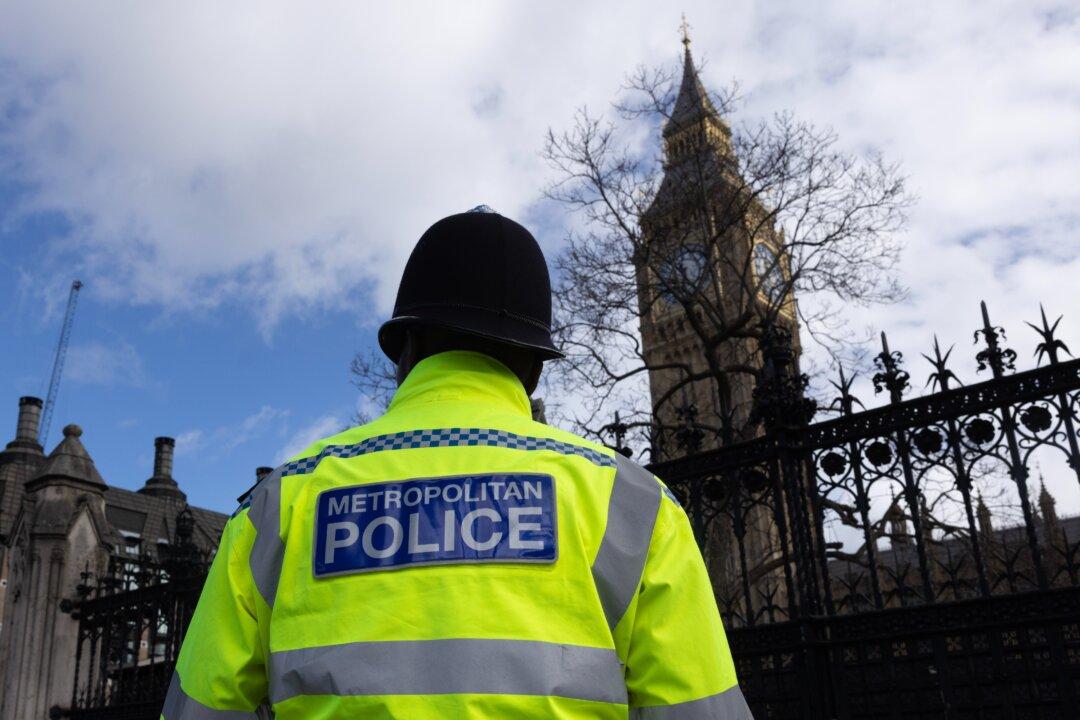Rising temperatures are “likely to be beneficial” for Britain as more people die of cold than heat in this country, Lord David Frost has said.
The former Brexit negotiator said on Tuesday that he is “sceptical” about mitigating the impacts of climate change, urging the government to move away from expensive mitigation efforts.





